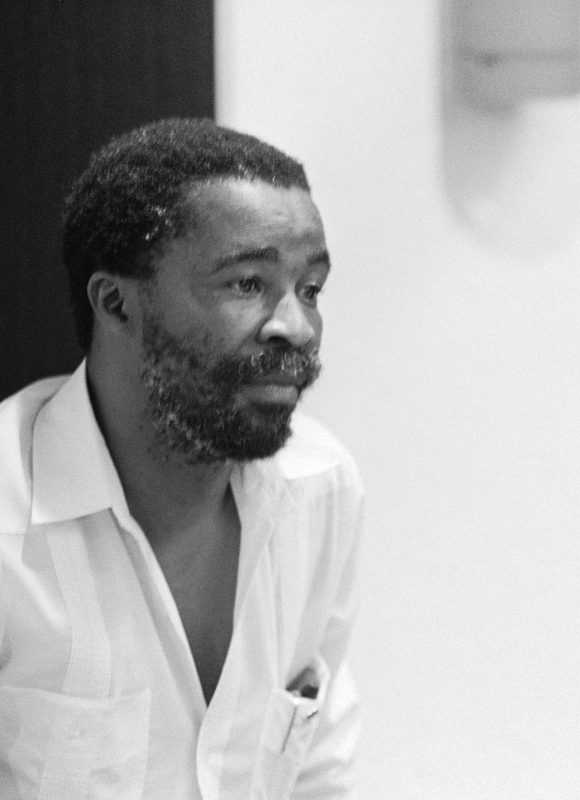PIONEER
Thabo Mvuyelwa Mbeki

Diplomat | President of South Africa | Constitution drafter
Born: 18 June 1942
“We believe that in drafting this new Constitution, we must be guided by our deep and firm commitment to a South Africa that is non-racial, non-sexist and democratic … the Constitution must indeed ensure that the Government puts right the wrongs of the apartheid system.”
Who is
Thabo Mvuyelwa Mbeki?
Anti-apartheid activist who served as President of South Africa from 1999 until 2008.
Professions
and Roles
Anti-apartheid activist; diplomat; President of South Africa; first Deputy President in the new Government of National Unity; Chairperson of the African Union (AU) High-Level Implementation Panel for Sudan; Head of the AU-UN High-Level Panel on Illicit Financial Flows from Africa.
Best Known For
Serving as President of South Africa.
Life highlights
- Mbeki joined the ANC Youth League (ANCYL) in 1956 at the age of 14 and left South Africa for exile in 1962.
- He served as a member of the African National Congress (ANC) National Executive Committee (NEC) from 1975.
- Mbeki joined the ANC Headquarters in Zambia where he remained until 1990 when the ANC was unbanned.
- He was appointed Deputy President of South Africa in 1994.
- Mbeki was twice elected President of South Africa in 1999 and 2004. He resigned in 2008 after being asked to do so by the ANC NEC.
- Mbeki facilitated peace negotiations in various African countries, including Lesotho, Zimbabwe, Burundi, the Comoros, Cote d’Ivoire, and the Democratic Republic of the Congo.
- He established the Thabo Mbeki Foundation in 2010.
- Mbeki was inaugurated as Chancellor of the University of South Africa in 2017.
IN THEIR OWN WORDS
“In order to overcome the legacy, injustices, the divisions, the antagonisms and the oppression of the past, we believe that the Constitution should make it clear that seeking to achieve substantive equal rights and opportunities for those who were discriminated against in the past should not be regarded as a violation of the principles of equality, non-racialism and non-sexism but rather as the fulfilment of these principles. We believe that unless special interventions are made, the patterns of structured advantage and disadvantage created by apartheid and patriarchy will replicate themselves from generation to generation.”
– Thabo Mbeki, African National Congress, Constitutional Assembly, 24 January 1995
IN THE WORDS OF OTHERS
“President Mbeki championed black economic empowerment and the rise of the black professional class and intelligentsia, which was and remains necessary as part of transforming South African society.”
– Jacob Zuma, then President of South Africa
